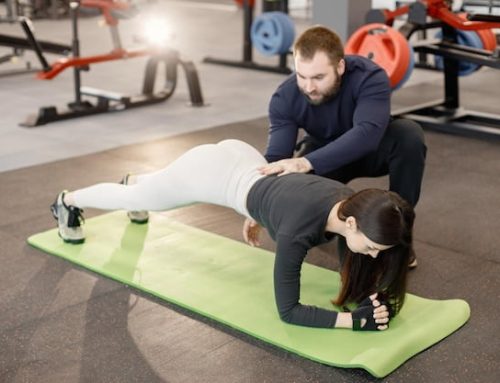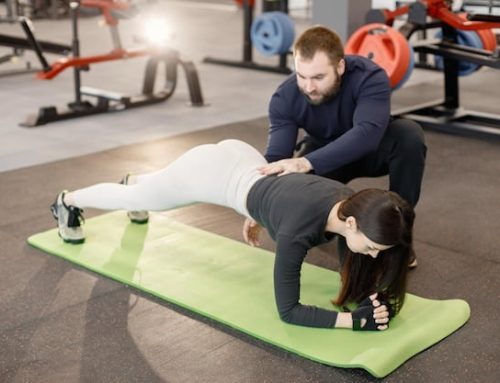Introduction
Sport-specific training has been a buzzword in the world of athletics for quite some time now. Many athletes believe that training specifically for their sport will give them an edge over their competitors. While there is no doubt that sport-specific training can be beneficial, it is also important to understand the potential disadvantages of this type of training.
Overuse Injuries
One of the main disadvantages of sport-specific training is the potential for overuse injuries. When an athlete trains specifically for their sport, they often repeat the same movements over and over again, which can put a lot of stress on certain parts of the body. For example, a baseball pitcher who focuses solely on their pitching mechanics may develop shoulder or elbow issues from the repetitive strain.
| Sport | Common Overuse Injuries |
|---|---|
| Baseball | Shoulder or elbow issues |
| Running | Shin splints or plantar fasciitis |
| Tennis | Tennis elbow |
Imbalanced Training
Another potential issue with sport-specific training is that it can lead to imbalanced training. Athletes may become so focused on the skills needed for their sport that they neglect other important areas of fitness, such as strength, flexibility, and cardiovascular conditioning. This can lead to muscle imbalances, which can increase the risk of injury.
Plateauing Performance
Athletes who focus solely on sport-specific training may also find that their performance begins to plateau over time. By performing the same movements over and over again, the body can become accustomed to the stress and may stop making progress. This can be frustrating for athletes who are looking to improve their skills and achieve new personal bests.
Burnout and Mental Fatigue
Sport-specific training can also lead to burnout and mental fatigue. Athletes who are constantly training for their sport may become bored or lose motivation over time. Additionally, the pressure to perform at a high level can be mentally exhausting, which can lead to burnout.
Lack of Cross-Training
By focusing solely on sport-specific training, athletes may miss out on the benefits of cross-training. Cross-training involves participating in different types of physical activity to improve overall fitness and reduce the risk of injury. For example, a runner who incorporates strength training or yoga into their routine may see improvements in their running performance and reduce their risk of injury.
Dependency on Equipment
Finally, sport-specific training can lead to a dependency on equipment. Athletes who train exclusively for their sport may become reliant on certain pieces of equipment or technology that are not always readily available. This can be a problem if the athlete finds themselves without access to the necessary equipment.
Conclusion
While sport-specific training can be beneficial for athletes, it is important to be aware of the potential disadvantages. Overuse injuries, imbalanced training, plateauing performance, burnout, lack of cross-training, and dependency on equipment are all potential risks to consider. For best results, athletes should incorporate a variety of training methods into their routines to improve overall fitness and reduce the risk of injury.






